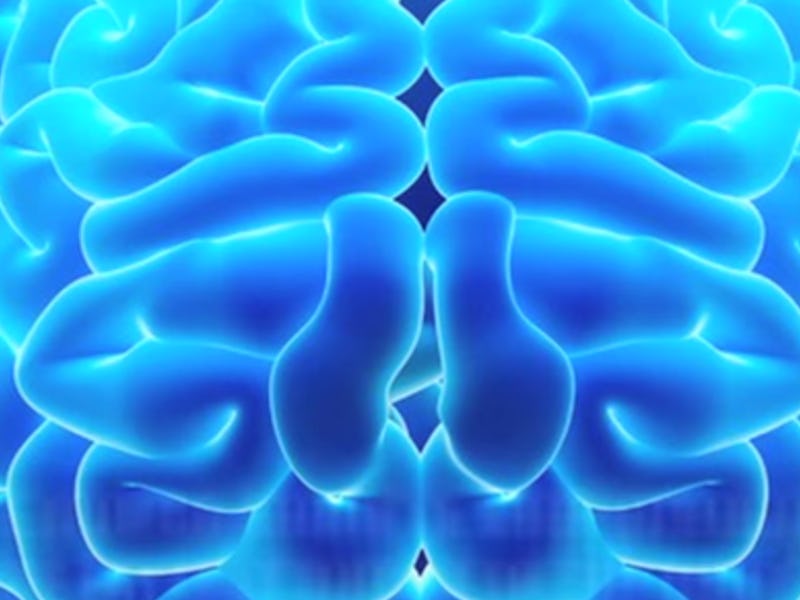Please Don't Let Eating Human Brains Become a Health Fad
Your family would need to eat them across several generations.

You may have seen a recent headline declaring the anti-dementia benefits of eating human brains. News you can use! But before you go full cannibal, let’s remind ourselves of all the reasons why this has long been considered a less-than-fantastic idea, and still should be.
The story goes back to the Fore, an isolated tribe in Eastern Papua New Guinea. Their culture had a long tradition of eating their dead at funerals, as a sign of respect. The brain was reserved for the women and children. The Fore outlawed the funeral buffet in the 1950s, but not until it was responsible for a deadly outbreak of a degenerative illness called “kuru”.
The kuru epidemic faded when the women stopped eating brains, which turned out to be the carrier of the molecule responsible for the disease. But generations of snacking on frontal lobes had left a mark. The Fore had built up a genetic immunity to the molecule responsible for kuru, as well as mad cow disease and some dementia. Doctors are calling it a breakthrough in our understanding of brain disease. Zombies are calling it a turf war.
Before you snack on human brain matter, remember this is an extremely specific case. You aren’t going to get protection from dementia by eating just one brain, or even five, or a dozen. To have any chance, you and your descendants are going to have to commit to generations of brain eating, and good luck with that on your OkCupid profile. But if you can pull off that one weird trick, doctors will hate you.